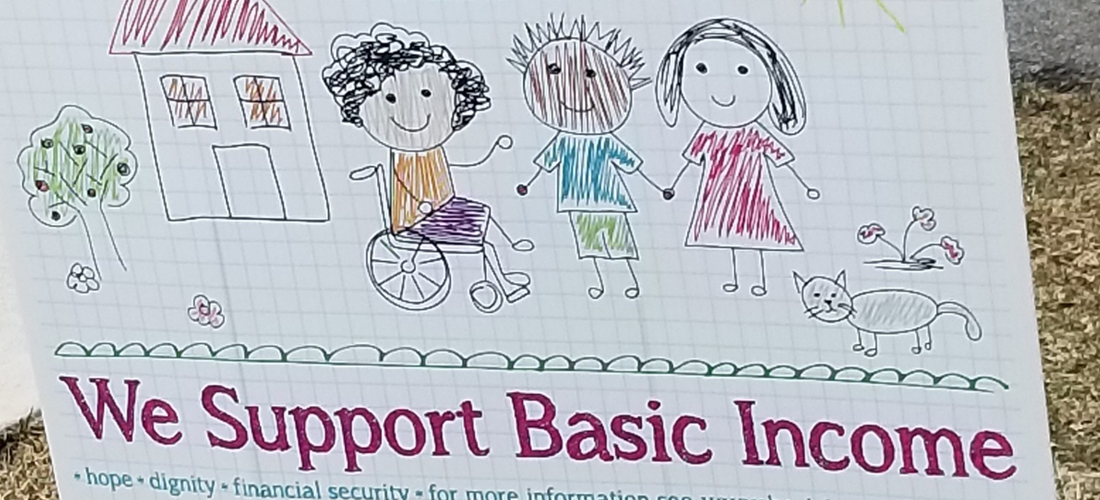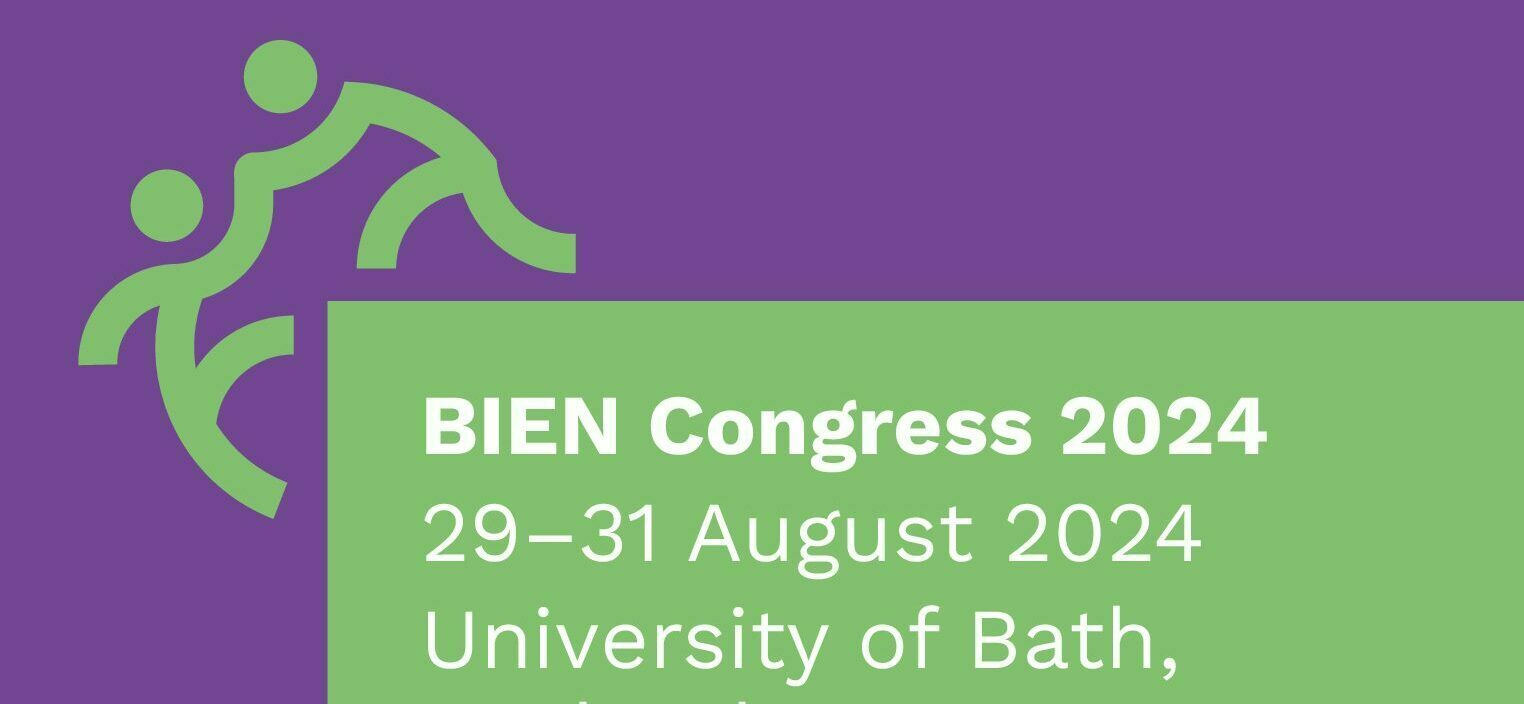Finland’s world-famous basic income experiment ended in December 2018. For many, it came as a surprise that the centre-right coalition government led by PM Juha Sipilä was committed to experiment a policy that has been depicted by social philosophers as a radical tool to increase the freedom of the least advantaged people and redistribute economic resources. Basic income is a regular cash allowance granted to every member of society with no strings attached.
To fully understand how an idea like basic income ended up onto the agenda of the Finnish government – otherwise committed to policies with obvious contradictions to basic income – it is crucial to understand how the idea has been framed in the political discourse. Framing means setting a ‘lens’ in the discussion through which an issue is viewed from a certain angle. Analysis on framing helps to understand the context-specific features of the political discourse and positions of different political actors regarding a highly controversial issue such as basic income.
The Finnish experiment builds on more than 30 years of discussion on basic income and related concepts in Finnish politics. The article sheds light on how the understanding of basic income evolved over time in the Finnish political discourse. The article utilises data generated by political parties both as electoral material and in parliamentary politics, starting from the onset of the basic-income-related discussion in the early 1980s and ending in 2016, just before the government’s experiment was launched. In Finland, political parties have often been more active in the basic income discussion than social movements.
The article finds that in the early period of the examined discussion, there was a variety of concepts and frames through which basic-income-related ideas were discussed. The origins of the debate are traced back to two concepts of the early 1980s: guaranteed minimum income and citizen’s wage. The concept of basic income emerged in the late 1980s, and it was the concept most often used from 1994 onwards. In the 1980s, and still to some extent in the 1990s, there was a variety of frames used in the basic-income-related discussion. They concerned social rights, equality, poverty, systemic problems of social security, distribution of the economic resources, human dignity and individual autonomy, transformation of work and definition of the concept of work. Towards the end of the examined period, the terms of the discussion narrowed. Basic income was predominantly viewed through the three strongest frames that concerned individual activity and work incentives, systemic problems of social security, and the subsistence of economically disadvantaged groups.
The article observes a radical shift in the framing of basic income in the aftermaths of the economic recession of the early 1990s, when neoliberal ideas of supply-side economics, austerity and activation were gaining ground in Finnish politics. In the discussion of the 1980s, basic income and related concepts were predominantly framed in terms of providing equal rights to means of subsistence for all without humiliating bureaucracy and finding alternative ways to participate in society in the context of eroding full employment. From 1994 onwards, basic income was increasingly framed with the rationale of labour activation policy, which became the dominant idea in social policy in the aftermath of the 1990s recession. With the logic of this framing, by providing a low but unconditional social minimum that could be topped up with labour or entrepreneurial income, basic income would provide better incentives to all kinds of economic activities than the existing benefits systems. However, though the activation perspective was adopted into the framing of basic income, the perspective was different from that of conventional activation policies: the basic income discourse called for alternatives between the dichotomous views of ‘employment’ and ‘unemployment’, and emphasised positive incentives and people’s own motivation to work instead of compulsion.
The article finds expressions of support for basic income by MPs of all parties during the examined period, especially at times when the basic income debate was peaking. Oppositional framing occurred in relatively small number of the examined documents. The Green Party was identified as the most committed supporter of basic income, followed by the Left Alliance and the Centre Party. The Green Party persistently kept the issue in discussion even in periods when other parties showed no interest in basic income. The dominant frames were shared by MPs of all parties making positive statements on basic income. While the MPs of more hesitant parties usually relied on the dominant frames in their argumentation for basic income, the MPs of the most committed advocacy parties used a greater variety of frames.
Thus, the framing of basic-income-related ideas evolved over time to follow shifts in mainstream political discourse and to embrace new issues on the political agenda. The article shows how the political context constrains the framing of specific policy alternatives. In the affluent 1980s, the framing emphasising equal rights for benefits was widely embraced by parties. In the post-recession climate, when neoliberal ideas were gaining ground, continuing that framing would possibly have made the idea politically unthinkable, but the Finnish advocates adapted their framing to the changed political climate. The radical shift in the framing of basic income was pushed by certain advocates of the policy, and it followed the social policy paradigm shift where the egalitarian ideals of the Nordic welfare state gave way to neoliberal ideas of supply side economics and activation. Basic income became increasingly understood as an employment policy instrument whose purpose was to incentivise work and activity. Though an unconditional benefit represented a radical policy solution, it was depicted as compatible with prevailing political goals and values. This is potentially among the reasons why the idea has gathered interest across the political spectrum.
For understanding the context in which basic income ended up on the agenda of the Finnish government, it is crucial to understand that there has been a certain dominating frame in the discussion, and that this frame has strongly emphasised the economic incentives. However, the initial findings of the basic income experiment – that gave an unconditional payment of €560 monthly to 2,000 randomly selected unemployed individuals instead of their unemployment benefits of about the same amount – did not show any support for the activation argument. Instead of increased employment, improvements in experienced health and wellbeing were found. This leaves the advocates of basic income in a situation in which they need to find another powerful frame that gives justification to an unconditional benefit.
About the author
Johanna Perkiö is a Doctoral Candidate at the University of Tampere.
Journal of Social Policy To access the article click here.







